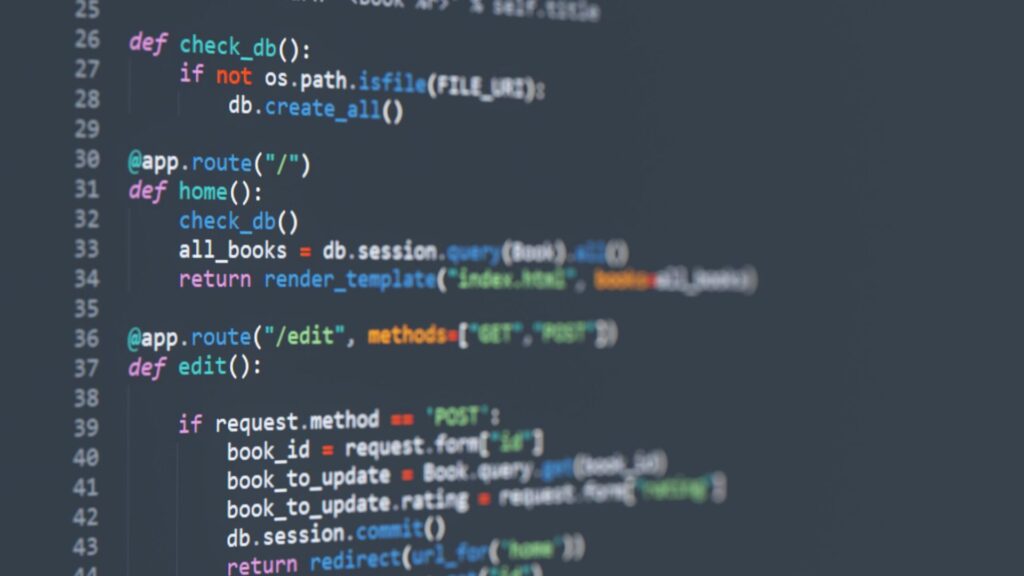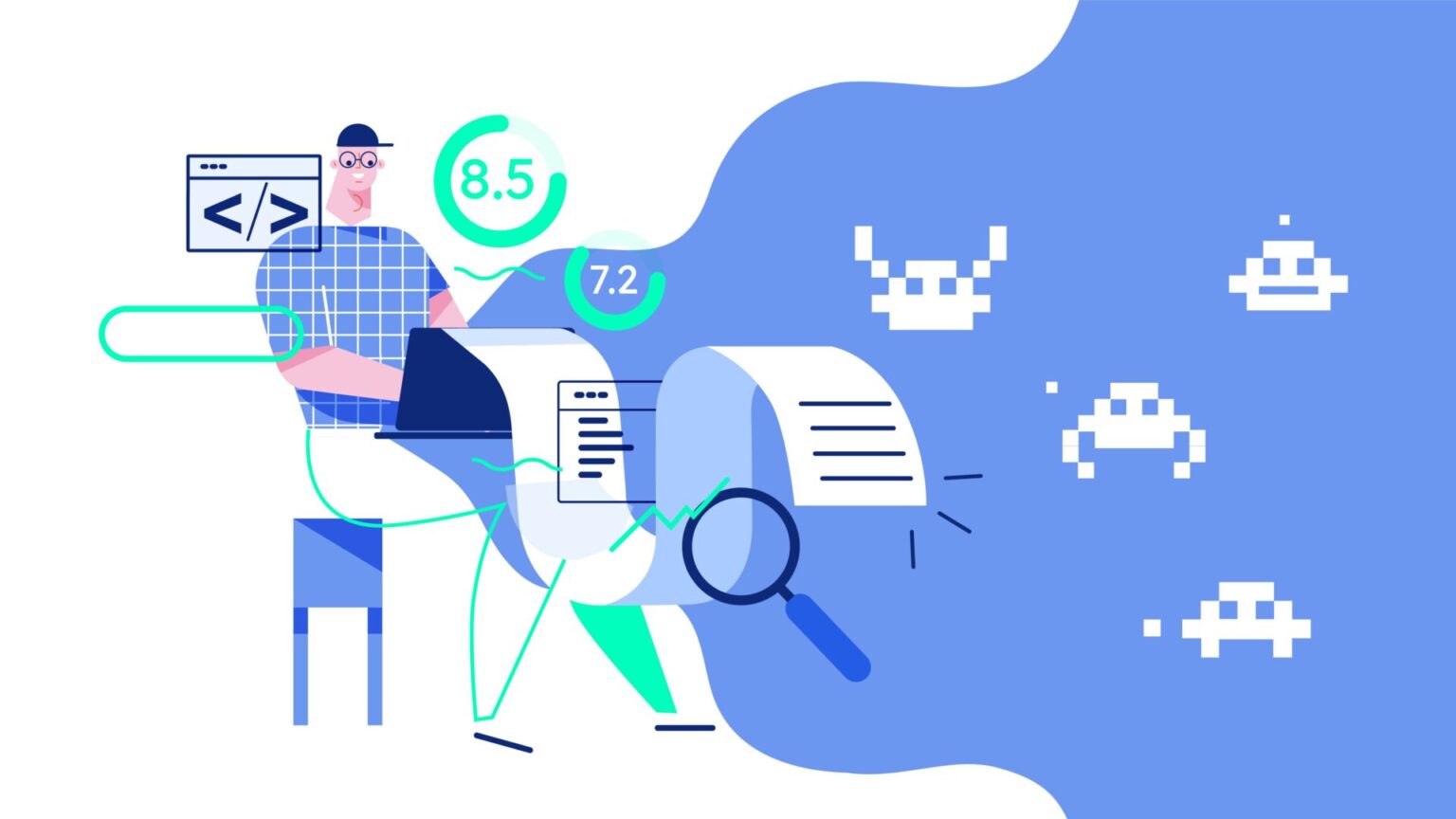Learning to code can be challenging, especially when starting out. Coding challenges are one of the best ways to practice and improve your skills, helping you apply what you’ve learned through hands-on exercises. These challenges are invaluable for beginners looking to strengthen their understanding of computer programming and build confidence in tackling real-world problems. Here are 15 beginner-friendly coding exercises to boost your skills and accelerate your code learning journey.

Why Coding Challenges Matter for Beginners
Coding challenges provide a structured way to practice and reinforce programming concepts. They help you:
- Improve problem-solving skills.
- Get comfortable with programming syntax and logic.
- Prepare for technical interviews.
- Gain practical experience with data structures and algorithms.
Let’s dive into 15 exercises that every beginner can try, covering key concepts across front-end development, back-end development, and full-stack development.
1. FizzBuzz
Challenge: Write a function that prints numbers from 1 to 100. For multiples of 3, print “Fizz” instead of the number, and for multiples of 5, print “Buzz.” For numbers divisible by both 3 and 5, print “FizzBuzz.”
Purpose: FizzBuzz is a classic programming challenge that helps beginners understand conditionals and loops. It’s often used in interviews as a way to assess basic programming knowledge.
2. Reverse a String
Challenge: Write a function that takes a string as input and returns it in reverse order.
Purpose: This exercise introduces beginners to string manipulation, which is an essential skill in software engineering. You can practice iterating through strings or using built-in methods to achieve the reverse.
3. Find the Largest Number in an Array
Challenge: Given an array of numbers, write a function that returns the largest number.
Purpose: This coding exercise familiarizes beginners with data structures and basic array manipulation techniques. It also reinforces the importance of loops and comparisons.
Keywords Used: Data structures, Coding exercises, Programming lessons
4. Palindrome Checker
Challenge: Create a function that checks if a given string is a palindrome (reads the same forward and backward).
Purpose: Working with palindromes helps beginners practice string manipulation and logic building. This exercise is commonly used in coding education to teach about loops and conditionals.
5. Count Vowels in a String
Challenge: Write a function that counts the number of vowels in a given string.
Purpose: This task strengthens beginners’ understanding of loops and conditionals, while reinforcing the basics of code learning.
6. Simple Calculator
Challenge: Build a basic calculator that can perform addition, subtraction, multiplication, and division.
Purpose: Creating a calculator allows beginners to practice basic operations and function-building, a foundational skill in computer programming.
7. Find the Factorial of a Number
Challenge: Write a function that returns the factorial of a given number.
Purpose: Factorials introduce recursive functions or loop-based approaches, giving beginners insight into mathematical operations and algorithms.
8. Fibonacci Sequence
Challenge: Generate the first n numbers of the Fibonacci sequence.
Purpose: Fibonacci exercises teach loops and recursion, essential for coding education. Understanding Fibonacci sequences also builds a foundation for learning about algorithms.
9. Sum of Array Elements
Challenge: Write a function that calculates the sum of all elements in an array.
Purpose: This coding challenge teaches beginners array manipulation and is a great introduction to working with data in programming projects.
10. Find the Second Largest Number in an Array
Challenge: Given an array, find the second-largest element without sorting.
Purpose: This exercise reinforces array traversal and helps beginners understand comparison-based logic, crucial for tackling more complex coding exercises.
11. Print a Pattern
Challenge: Create a function that prints a simple triangle pattern using loops.
Purpose: Pattern printing challenges help beginners learn how to manage nested loops, a key concept in computer programming.
12. Anagram Checker
Challenge: Write a function to check if two strings are anagrams of each other.
Purpose: Anagram challenges introduce beginners to sorting and comparison, helping them practice string manipulation and logical thinking.
13. Binary Search Algorithm
Challenge: Implement the binary search algorithm to search for an element in a sorted array.
Purpose: This exercise helps beginners understand the fundamentals of algorithms and efficient search techniques. It’s a useful introduction to algorithmic thinking, especially if you’re preparing for an algorithms course.
14. Convert Celsius to Fahrenheit
Challenge: Write a function that converts temperatures from Celsius to Fahrenheit and vice versa.
Purpose: This challenge allows beginners to practice mathematical operations and introduces function-building basics.
15. Count Words in a Sentence
Challenge: Create a function that takes a sentence as input and returns the count of each unique word.
Purpose: This exercise strengthens string manipulation and teaches beginners how to handle collections like dictionaries or objects, which are essential in full-stack development.
Additional Tips for Success in Coding Challenges
- Practice Regularly: Consistency is key to improving your coding skills. Dedicate time daily to tackle these challenges, as repetition solidifies your understanding.
- Seek Help in Coding Workshops: Coding workshops offer a collaborative environment where you can get feedback and discuss your approach with others, accelerating your learning process.
- Engage in Online Coding Tutorials: Many online platforms provide tutorials and hints that help you break down and solve coding challenges step-by-step.

Final Thoughts: The Value of Coding Challenges for Beginners
Coding challenges are more than just exercises—they are gateways to becoming a proficient programmer. By tackling these 15 beginner-friendly challenges, you’ll build confidence in computer programming, strengthen your problem-solving skills, and lay the groundwork for advanced topics in software engineering.
Remember, the key to mastering coding is consistent practice. Embrace these challenges, learn from your mistakes, and celebrate each milestone as you progress on your coding journey.




